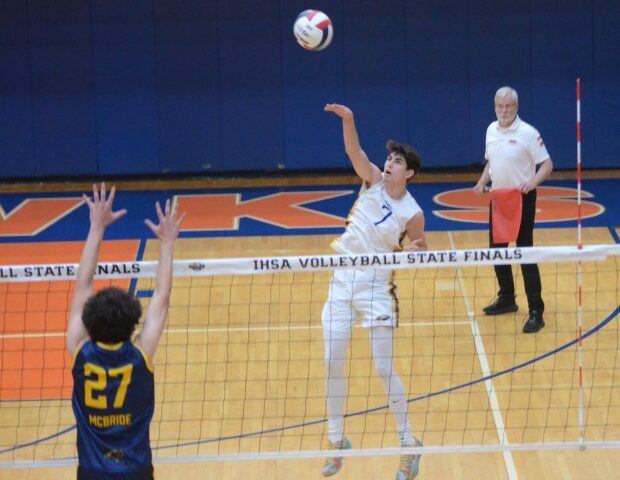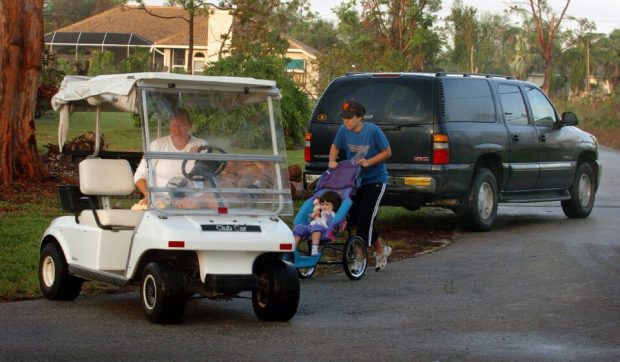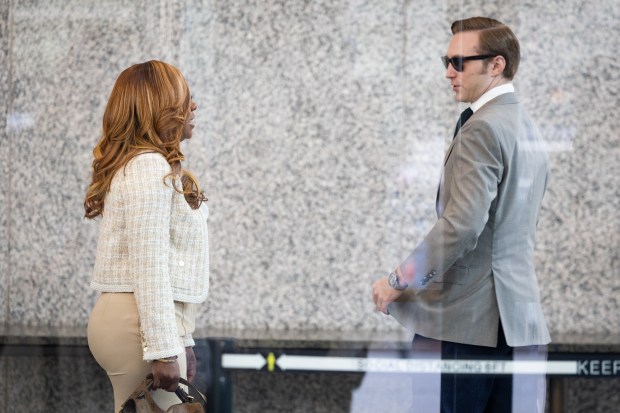It was during a break in the interview with his 108-year-old aunt that the man whispered, “Wow, I didn’t know any of this. I’m learning so much.”
I’ve written a lot of stories about a lot of people over the years. So often, family members have been shocked to learn of the hardships and accomplishments of their own elders. In most cases, the younger people knew facts about the older person’s life — they’d been in the service or grew up an orphan — but not details, like they went hungry or embraced kindness even when in distress.
When it comes to recounting how the ordinary folks in our own families endured extraordinary circumstances, so much seems to go unsaid.
In any given episode of the PBS documentary, “Finding Your Roots,” you’ll watch the featured celebrity express shock at the events of an ancestor’s life.
Years ago, I interviewed the family of a Chicago Heights man who served in the Italian army during World War I. The father had passed away and his adult children uncovered his war journal, which was written in an obscure Italian dialect. With the help of a professor in Italy, they were able to translate the book to English, revealing a heartbreaking story of suffering.
Though he had immigrated to America, the man had been drafted to fight in the Italian army back home. During a brutal battle, in which he recalled most of the soldiers in his trench were killed, he was captured.
As a prisoner of war, he nearly starved to death.
Upon learning her father’s history, his daughter was moved to tears. She finally understood why he always ate so slowly, savoring every bite of food, including a common apple.
“I never knew any of this,” she said.
More than not, history gaps are a common occurrence in families, including my own.
It was on the eve of a serious surgery that my father-in-law finally agreed to be interviewed.
I knew he had served during World War II, and that he had been back to the same parts of France and Germany several times. But, until that night, I didn’t know why.
He was a stoic man not given easily to emotion. I’d asked on many occasions about his war experience and he simply supplied cursory facts about time served.
But on this night, a simple question opened the floodgates: “You’ve been all over the world. But why did you travel to the same parts of Europe again and again?”
“To visit the grave of my friend,” he said.
I grabbed a notebook.
He had been a soldier in the 290th Engineering Combat Unit of the U.S. Army during World War II. Deep in the winter of 1944, he was on the frontlines in northern Germany, battling both the Nazis and a bad case of frostbite. When he couldn’t get his boots on one morning, his commanding officer sent him to the field hospital.
That night while he was recovering in the safety of the medical facility, the Germans attacked, killing almost everyone in his unit, including his best Army buddy. Many of the slain were subsequently buried at an American cemetery in France.
Over the years, my father-in-law felt compelled to pay his respects to his friend and fallen comrades again and again.
Upon hearing the story, my then-50-something-year-old husband became emotional. “How come I never knew any of this?” he asked.
His father shrugged and said, “You never asked.”
I think that simple explanation is why so many of us know so little about the family members who came before us. We can search ancestry files for facts and records, but the stories attached to that data often go unsaid.
I recently learned that my maternal grandmother, who died in 2003, was a family heroine whose sacrifice and resilience went unnoticed or at least uncelebrated by most of her descendants.
She found a way to divorce her abusive husband and retain custody of her four children during the 1940s, at a time when women had little say in the court system.
I was very close to my grandmother and I am sorry she never confided in me, that I had to learn of her gallantry third-hand. I am even sorrier I never asked the right questions.
I can’t imagine how frightening it had to be for her to press charges against an abusive man, knowing the best outcome would be to become a single mother during wartime.
As the story goes, the Army actually provided her the opportunity. When her husband was called up, he immediately went into hiding.
Seizing the moment, she apparently ratted out his location and, with him shuffled off to boot camp, quickly filed for divorce.
My nana endured a difficult life. But because of her quiet disposition, her grandchildren never would have guessed it.
Even though America is a relatively young country, it has generational stories to tell. Tales of struggle, resilience, personal successes, heartbreaking losses, hilarious antics and big dreams offer a spotlight on the past and insight into who we are.
Unless we find a way to prime the pump, too many these personal accounts will die with the protagonist.
Donna Vickroy is an award-winning reporter, editor and columnist who worked for the Daily Southtown for 38 years. She can be reached at donnavickroy4@gmail.com.





